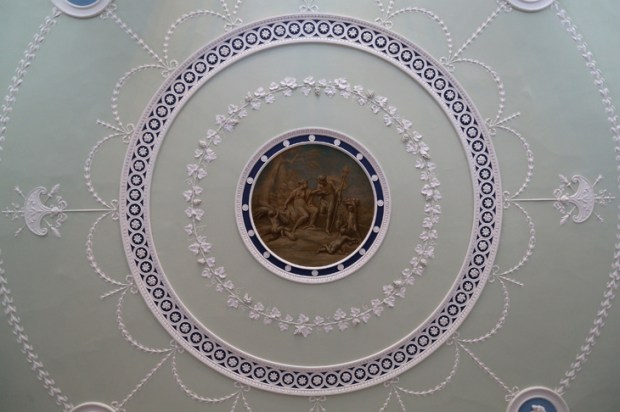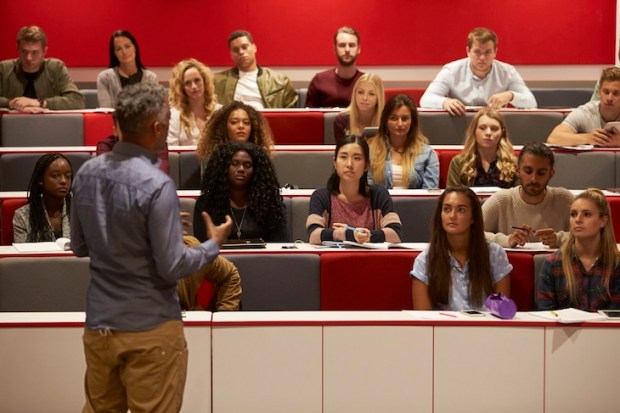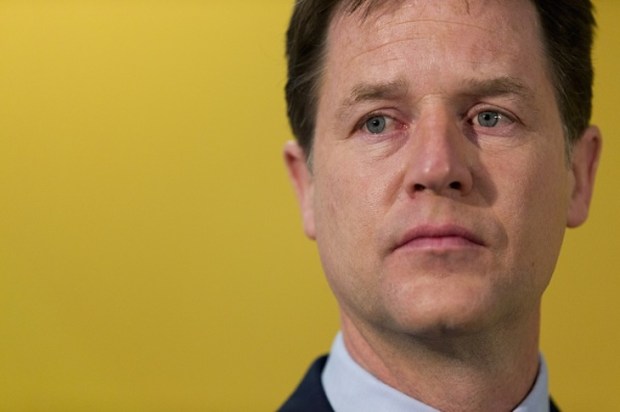We recently moved -offices from Canary Wharf to Blackfriars bridge. When you move after a long time in one place, you notice the surprising ways in which your behaviour is subliminally affected by your surroundings.
On my second day in the new office, someone came from Victoria to meet me. After about 25 minutes of useful conversation, I thanked them and they left. Something about the encounter seemed strange; I suddenly realised that, back in the old office, I’d never had such brief meetings. Instinctively it felt discourteous to give anyone who had made the longer trip to Canary Wharf any less than 45 minutes of your time.
This sense of obligation was unconscious. In some ways, something similar seems to apply to phone calls. If someone telephones from the US, you would feel rude not chatting for 15 minutes; with a call from a few miles away you can make do with a minute or two. It’s one of many possible examples where an instinct or cultural practice (in this case, the sensible principle that hospitality should rise in proportion to distance travelled) makes sense in one setting but doesn’t adapt to technology — just as people kept on tapping the end of a new cigarette on the table long after the introduction of the filter.
Perhaps that is why the adoption of video-conferencing is so slow? If you fly to meet someone, the expense and effort incurred both prove your devotion and create an assumed obligation in the mind of the person you are travelling to see — the 21st–century -equivalent of making a pilgrimage on your knees to honour a saint. Is video-conferencing so easy and inexpensive that it’s seen as cheating? Somehow we can’t help but assume the importance of a message is proportional to the cost of delivering it.
There is a huge amount of this kind of hair-shirted bias in modern business. Since it is harder and harder to know whether what you are doing has any value, people tend to assume that painful, gruelling activity must be worthwhile whereas pleasant activities are self-indulgent. Occasionally I am told, ‘I am afraid we can’t offer you tea or coffee — it’s part of a cost-saving drive.’ No doubt large organisations — or governments — might save a million pounds a year or so by banning PG Tips and digestives. Rationally I understand this. Viscerally, however, you can’t help but resent it a little when basic principles of hospitality are violated to save the cost of a few tubs of UHT and a pink wafer.
Besides, apparent extravagance can be cleverer than it seems. Corporate entertainment often acts as an efficient form of psychological policing. If I had £100 million invested with a financial institution, I would regularly take them to lunch — and I’d offer to pay. It is human nature to feel far more shame in overcharging someone who buys you lunch than in skimming profits from the faceless owner of account number 567842/06b. By heightening sensitivity to shame, social interaction fosters trust more effectively than financial regulation can. The first seeds of the financial crisis were probably sown when bankers stopped spending their afternoons in pubs and started staring at screens instead.
Small acts of personal generosity can improve behaviour on both sides. This may explain a known psychological anomaly called the Franklin effect: we like and trust people more not only after they have done small favours for us, but also when we have done favours for them. This makes sense once you realise that you risk greater shame and moral outrage for cheating a benefactor than a stranger. Seen in those terms, perhaps those pink wafers are a bit of a bargain.
Got something to add? Join the discussion and comment below.
Get 10 issues for just $10
Subscribe to The Spectator Australia today for the next 10 magazine issues, plus full online access, for just $10.















Comments
Don't miss out
Join the conversation with other Spectator Australia readers. Subscribe to leave a comment.
SUBSCRIBEAlready a subscriber? Log in